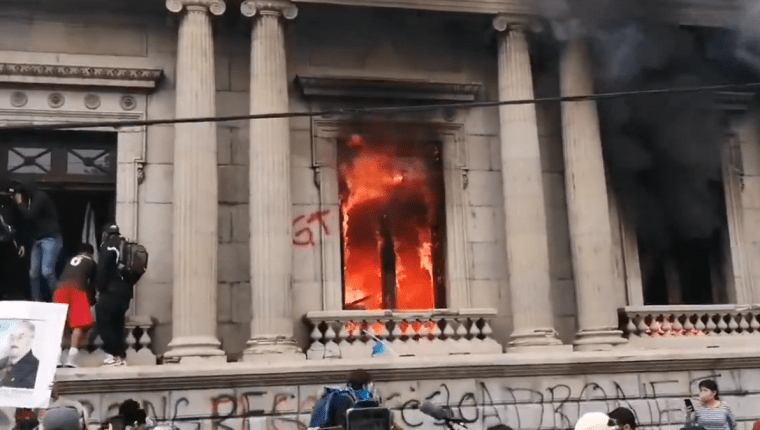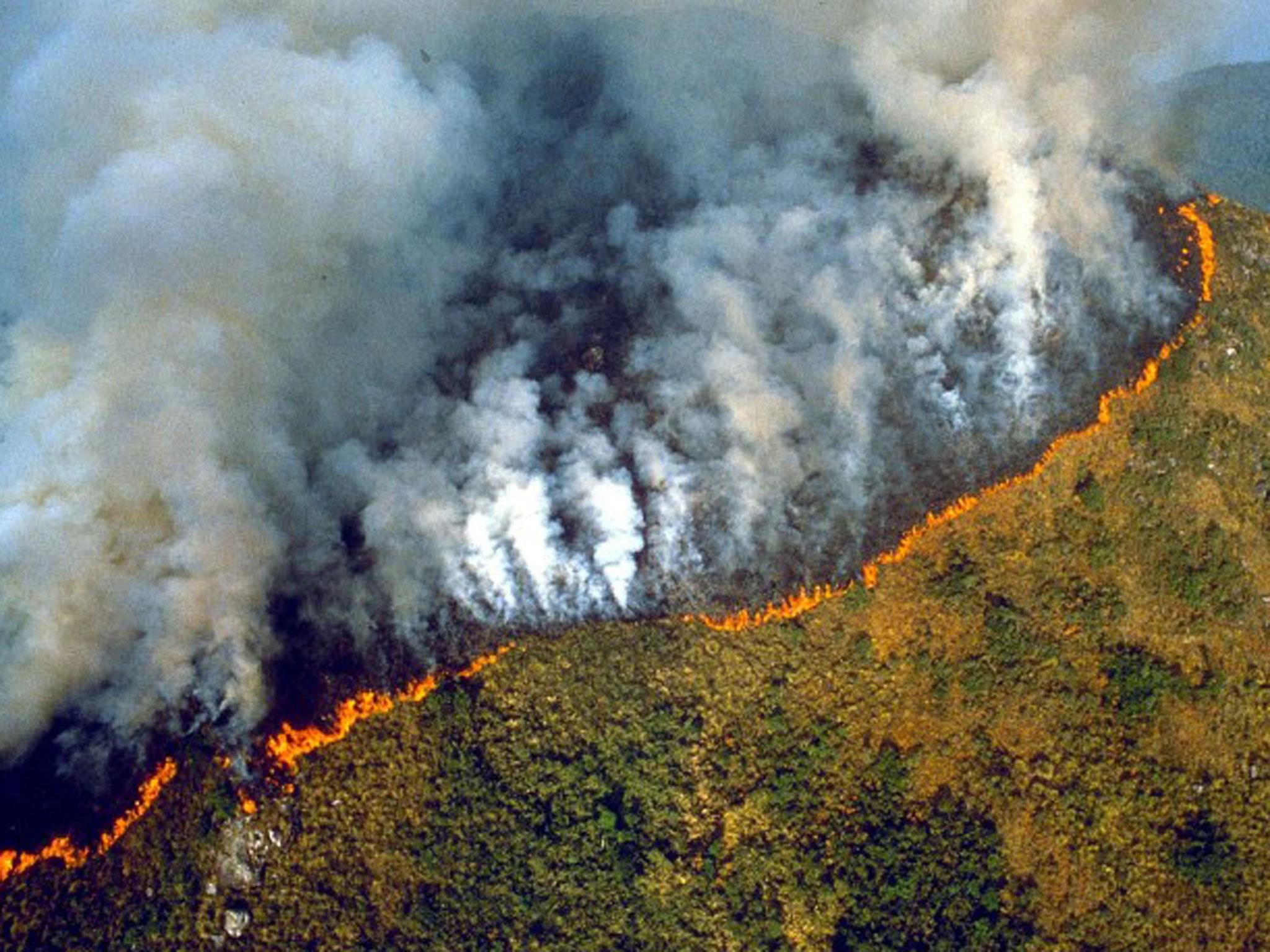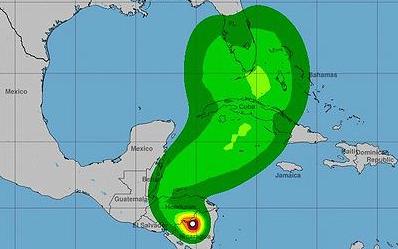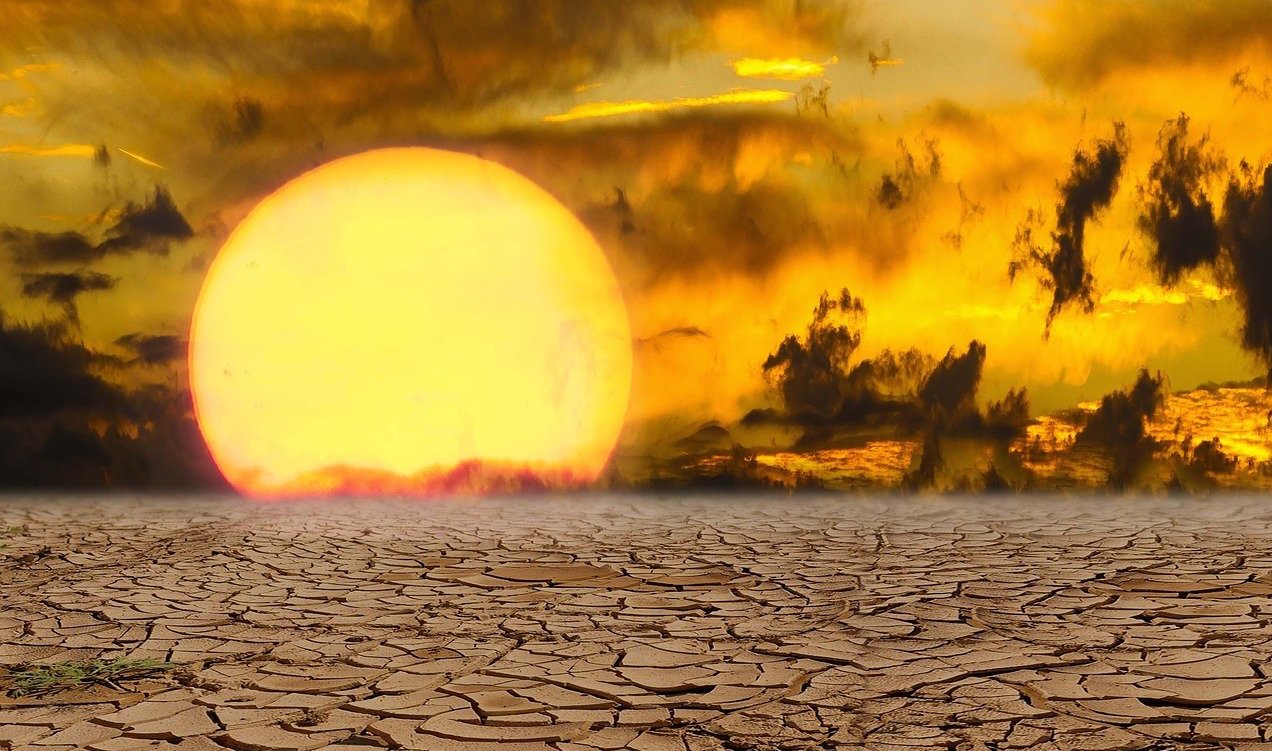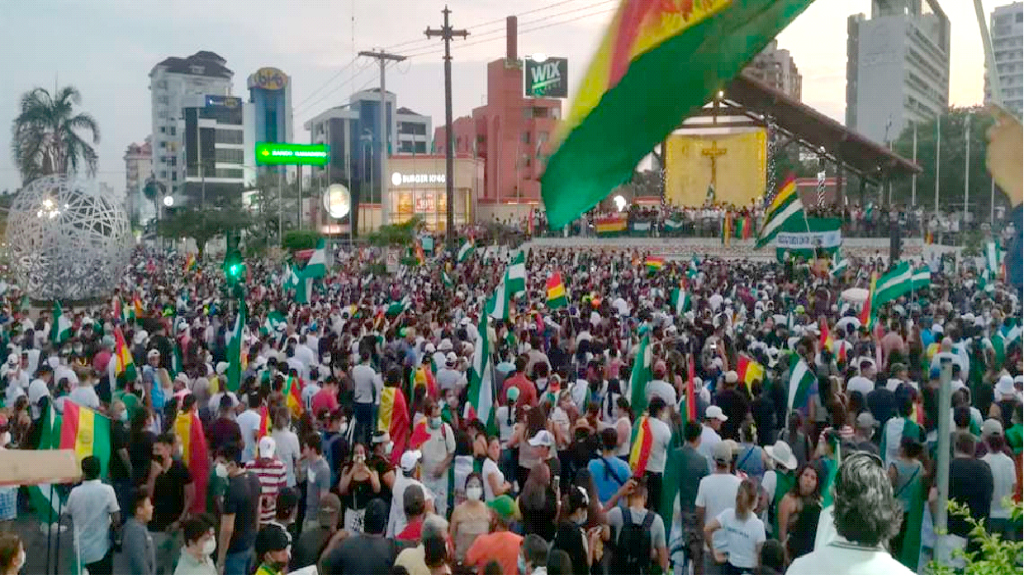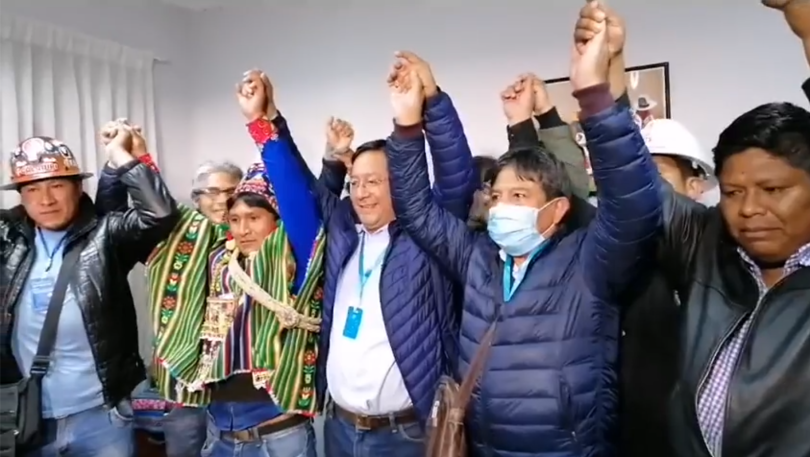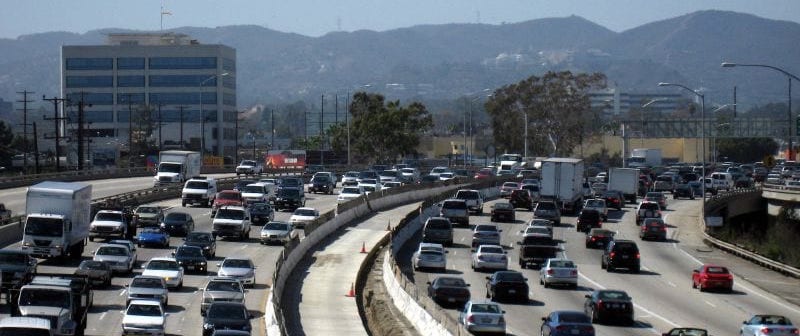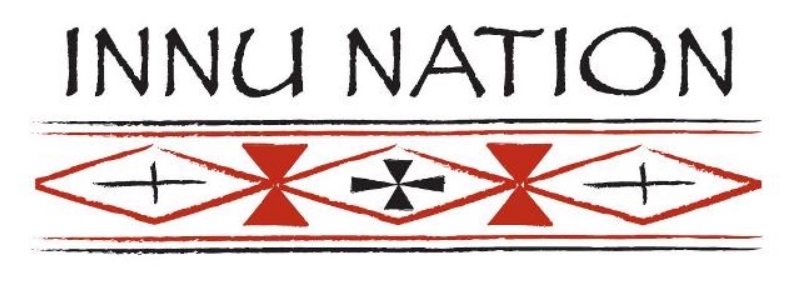
Iran: sweeps target Ahwazi women activists
Rights advocates in Iran’s Khuzestan province, homeland of the marginalized Ahwazi Arab people, report another wave of sweeps and incommunicado detention of local activists. Among those detained in raids by the Islamic Revolutionary Guards Corps (IRGC) are Zeinab Sawari, a teacher and prominent Ahwazi advocate for women’s and children’s rights, who had recently been involved in fundraising for victims of the severe flooding that devastated the region this year. Also detained by IRGC agents were Maryam Ameri and Fatema Tamimi, whose homes were searched and ransacked, with computers and extensive archival material confiscated. Maryam and Fatema had worked on Ahwazi cultural programs together, cataloguing traditional folk songs and producing short documentaries about Ahwazi music, lore and history. Azhar Alboghbiesh, a young activist volunteer for the project, was likewise arrested in a raid on her home, in which agents reportedly fired in the air to intimidate her family. All remain in detention at undisclosed locations. (Photo of Azhar Alboghbiesh and Maryam Ameri via Dur Untash Studies Center)





